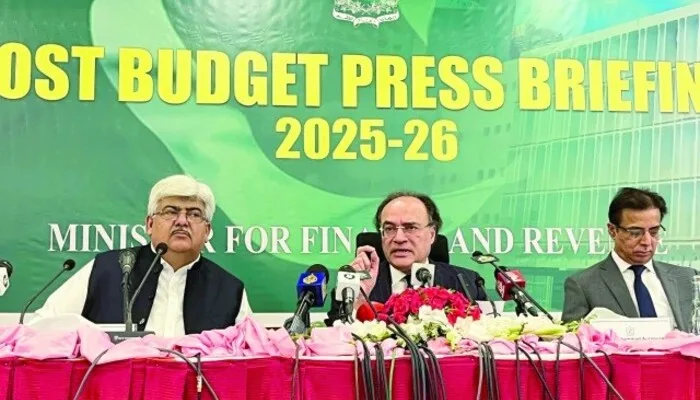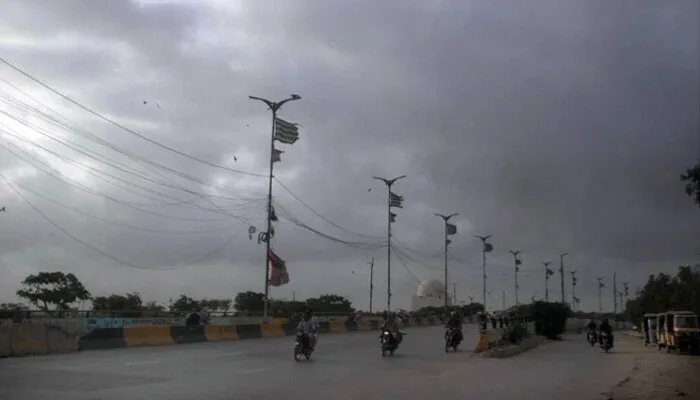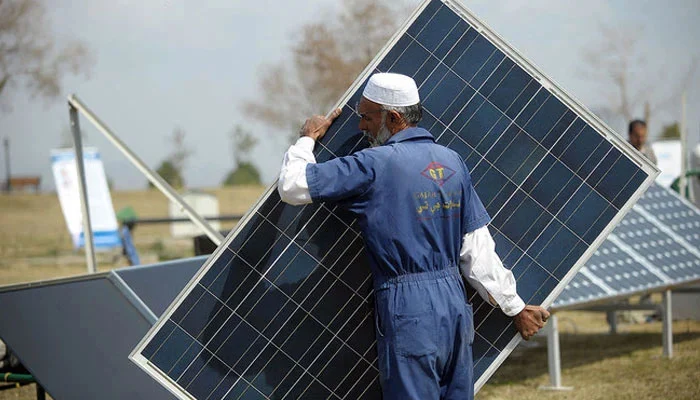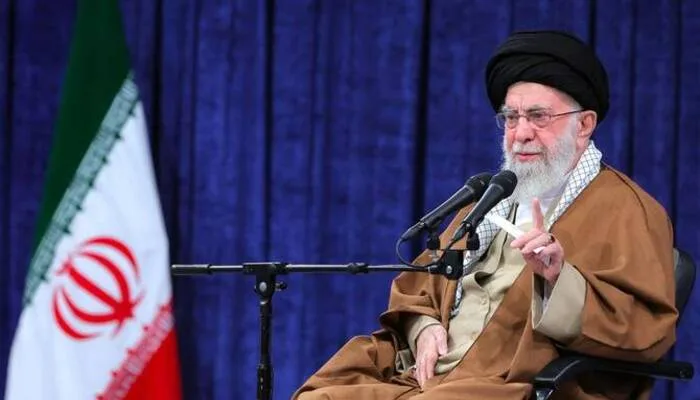
The government has warned it may introduce a Rs500 billion mini-budget if parliament blocks legal reforms targeting economic enforcement. Finance Minister Muhammad Aurangzeb made the statement during a post-budget press conference, stressing that enforcement, not more taxes, is the only viable path forward.
Ban on Transactions by Ineligible Persons
Aurangzeb said enforcement hinges on banning high-value transactions by individuals without sufficient financial backing. These include bans on buying vehicles, property, or securities, and opening bank or investor accounts. Only individuals holding 130% of an asset’s value in verified cash-equivalents would qualify.
IMF Agreement on Non-Tax Revenue Targets
The minister said the IMF has agreed with the government’s plan to raise Rs389 billion through enforcement alone. But this depends on parliament approving legal amendments, which Aurangzeb urged lawmakers to support.
Frozen Minimum Wage, Higher Lawmaker Salaries
Aurangzeb defended keeping the minimum wage at Rs37,000 per month, citing industrial input. At the same time, he backed a significant pay raise for parliamentarians, claiming inflation adjustments were overdue after nine years.
Read: Pakistan Secures First-Ever Insider Trading Conviction
Media Backlash and Briefing Issues
The press conference began amid protests from journalists who had not received the traditional technical briefing from FBR. After acknowledgment from Information Minister Attaullah Tarar, the briefing resumed with FBR Chairman Rashid Langrial.
Online Tax Disparity Criticized
The government’s plan to charge 2% tax on online purchases under Rs20,000 — while charging only 0.25% above that — drew criticism. Officials justified the rate based on low profit margins in high-value goods.
Tariff Reforms and Export Focus
Aurangzeb described the budget as Pakistan’s “East Asia moment,” highlighting tariff reductions on 2,700 items and duty removals on key raw materials. The move aims to boost exports and shift away from import reliance.
Solar Tax and Eurobond Plans
The government imposed an 18% tax on imported solar panels to protect local assemblers. Officials claimed the impact on return-on-investment would be minimal. On Eurobond repayments, Aurangzeb said Pakistan is ready for upcoming obligations and aims to re-enter global markets by 2026.
Follow us on Google News, Instagram, YouTube, Facebook,Whats App, and TikTok for latest updates












